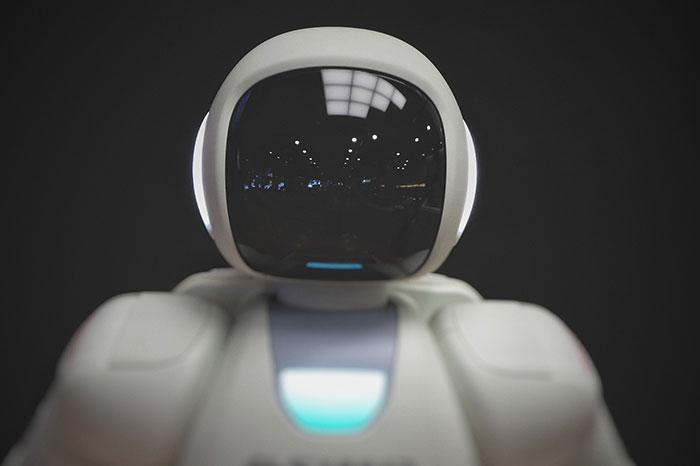
Does AI have a place in recruitment?
Employers and recruiters are always looking for ways to streamline the recruitment process. Hiring new talent can be expensive, and some firm’s recruitment processes leave little to be desired in terms of the candidate experience. But is artificial intelligence (AI) the solution?
The multi-national consumer goods company Unilever recently revealed to the Guardian that it had used AI technology to assess candidates in job interviews. It claims that the move had saved the company hundreds of thousands of hours a year in recruitment time.
Unilever reportedly uses a specially designed system to analyse each candidate’s body language and facial expressions during interviews. It also looks at word choice when giving answers, compiling all the data and checking it against traits considered to be indicative of future job success. It’s also been reported that Vodafone, Intel, Singapore Airlines and other major companies have been using AI in a similar way.
Public backlash against automated decision-making
A poll commissioned by the Royal Society of Arts asked a ‘citizens’ jury’ its thoughts on AI being used to make decisions in areas such as recruitment and criminal justice.
The results weren’t encouraging, as the poll concluded that 60% of the public would be opposed to it, and would even feel angry that tech was making decisions without more input from citizens.
More worryingly, a poll by YouGov found that only 32% of people were aware that AI is used for such decision-making at all. In the case of Unilever however, it says that candidates were asked to opt in or out to video interviews and automated decision-making being used.
The impact of AI on recruitment
It’s easy to see why employers would be tempted to use AI when hiring. These systems are specially designed to screen candidates systematically, targeting the most capable job seekers and the desired sets of skills for the role. It can offer a reduced cost per hire, a smoother experience for candidates and a quicker, cheaper process overall.
Crucially, AI could play a role in reducing the unconscious bias based into many recruitment processes. Research by Indeed found that almost half of people had experienced bias when searching for a new role, and a further 35% think that AI could remove bias from the process altogether.
But should it replace human decision-making overall? Not according to Matt Fischer, the President and CTO of recruitment software Bullhorn. He believes that AI can automate many processes and save time carrying out specific tasks – but it can’t and shouldn’t do everything. When discussing the benefits of AI in recruitment at theglobalrecruiter.com, he explains:
“What you will notice with all these benefits is that AI is not replacing the recruiters. Instead, it is assisting them and helping them do their jobs better. The future of recruitment lies somewhere in the middle of reliance on AI and recruiters – AI will be able to do a lot of the leg work in finding candidates, putting them on the books, and alerting recruiters to their suitability for a role, but the process will still need the human touch.”
Need to streamline your hiring processes and find the right talent to drive your business forward? SOLOS Recruitment Consultants can help – get in touch by calling 0115 9274400 or emailing enquiries@solosconsultants.co.uk.
Image courtesy of Farbentek @ freedigitalphotos.net
continue reading
Related Posts
You may have the qualifications required for your dream career […]
Talent acquisition can be an expensive business. In fact, research […]
New research has revealed that in the north of England, […]








